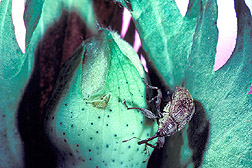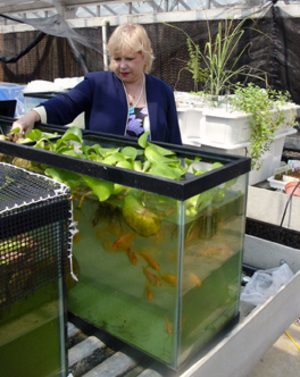This is why there is an epidemic of obesity, diabetes, and heart disease
in the U.S.:
food deliberately engineered to make people eat until they get fat.
Georgia is not quite one of the fattest states,
but Lowndes County is one of the fattest counties.
There is something we can do, even while Big Food
continues to act like Big Tobacco.
Michael Moss wrote for NYTimes 20 February 2013,
The Extraordinary Science of Addictive Junk Food,
 On the evening of April 8, 1999, a long line of Town Cars and taxis
pulled up to the Minneapolis headquarters of Pillsbury and
discharged 11 men who controlled America’s largest food companies.
Nestlé was in attendance, as were Kraft and Nabisco, General Mills
and Procter & Gamble, Coca-Cola and Mars. Rivals any other day, the
C.E.O.’s and company presidents had come together for a rare,
private meeting. On the agenda was one item: the emerging obesity
epidemic and how to deal with it. While the atmosphere was cordial,
the men assembled were hardly friends. Their stature was defined by
their skill in fighting one another for what they called
“stomach share” — the amount of digestive space
that any one company’s brand can grab from the competition.
On the evening of April 8, 1999, a long line of Town Cars and taxis
pulled up to the Minneapolis headquarters of Pillsbury and
discharged 11 men who controlled America’s largest food companies.
Nestlé was in attendance, as were Kraft and Nabisco, General Mills
and Procter & Gamble, Coca-Cola and Mars. Rivals any other day, the
C.E.O.’s and company presidents had come together for a rare,
private meeting. On the agenda was one item: the emerging obesity
epidemic and how to deal with it. While the atmosphere was cordial,
the men assembled were hardly friends. Their stature was defined by
their skill in fighting one another for what they called
“stomach share” — the amount of digestive space
that any one company’s brand can grab from the competition.
 James Behnke, a 55-year-old executive at Pillsbury, greeted the men
as they arrived. He was anxious but also hopeful about the plan that
he and a few other food-company executives had devised to engage the
C.E.O.’s on America’s growing weight problem. “We were very
concerned, and rightfully so, that obesity was becoming a major
issue,” Behnke recalled. “People were starting to talk
about sugar taxes, and there was a lot of pressure on food
companies.” Getting the company chiefs in the same room to Continue reading →
James Behnke, a 55-year-old executive at Pillsbury, greeted the men
as they arrived. He was anxious but also hopeful about the plan that
he and a few other food-company executives had devised to engage the
C.E.O.’s on America’s growing weight problem. “We were very
concerned, and rightfully so, that obesity was becoming a major
issue,” Behnke recalled. “People were starting to talk
about sugar taxes, and there was a lot of pressure on food
companies.” Getting the company chiefs in the same room to Continue reading →
 Risk management or mitigation may work for localized harm,
but GMOs risk widespread systemic damage, which is ruin, and to prevent that
the precautionary principal is needed:
Risk management or mitigation may work for localized harm,
but GMOs risk widespread systemic damage, which is ruin, and to prevent that
the precautionary principal is needed:











